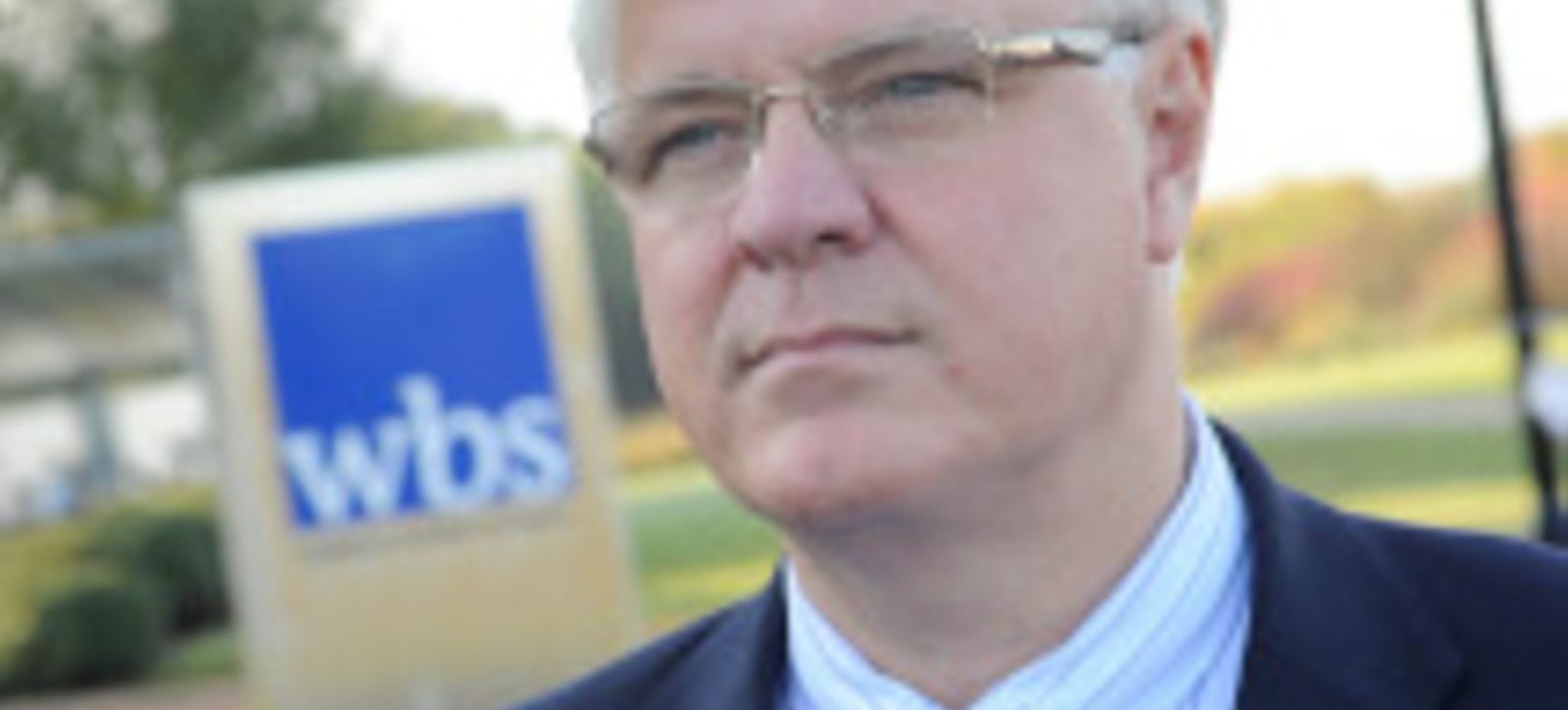
Dean Professor Mark Taylor writes on how extending the London 4pm fix to an hour could remove any temptation to rig the foreign exchange markets as investigations into alleged manipulation continue.
In the latest big scandal to hit the banking sector, regulators around the world are investigating whether foreign exchange markets have been rigged. At least seven major banks have been caught up in the scandal, with Barclays, RBS and JP Morgan among those who have suspended traders pending investigations.
Also, the UK’s Financial Conduct Authority (FCA) announced it is considering new rules on currency exchange. “Frankly, it’s an unregulated market”, said Martin Wheatley, the FCA’s Chief Executive.
It may be some time before the FCA knows exactly what it needs to do to fix the problems in currency exchange, but a look at what was allegedly going on leads us to a rather simple solution.
Front running
London accounts for 40 per cent of the US$5 trillion-a-day global foreign exchange market and there has been evidence of price spikes at around 4pm London time – when many large client orders are handled. This is known as “front running” – traders deliberately placing large orders at the same time, to influence the benchmark rate.
The benchmark rate of exchange is a crucial part of the world’s financial system, used to value trillions of dollars of assets. It represents the rate at which many big investors agree with their bank to exchange currencies to settle their accounts at the end of every day. It is made by taking an average of the exchange rate in currency trades 30 seconds before and after 4pm in the London market.
If the benchmark rate can be pushed up artificially, then banks could charge an investor one (higher) rate while covering themselves by making trades at market prices a few minutes later. The difference between the two rates represents pure profit for the banks involved. Some of the trades involved in the investigation are huge – worth billions of dollars. So, if traders can move the benchmark rate just a tiny amount it could represent millions in profit.
If, as authorities allege, traders at some of the big players got together through electronic chatrooms and put through some very large trades at one time, then that could affect the market. It may take lots of money to move the market, but you only have to move it a small amount for a short period, and that could be worth millions of dollars in profit for the banks.
Widen the window
Regulating this will be very difficult, but one solution would be to remove the temptation by taking the average over an hour – so 30 minutes either side of 4pm rather than 30 seconds. It’s a simple, workable solution because it would be a lot harder – if not impossible – to move the foreign exchange market enough to make a difference in the average over an hour. Due to the global, decentralised nature of the foreign exchange market, co-ordinated and effective regulation will be extremely tough to put in place. Far better to remove the incentive.
The growing investigation has some parallels with the Libor scandal that has seen banks across the world, including Barclays and RBS, fined billions of pounds for fixing the official inter-bank rate.
It needs to be remembered that the allegations have yet to be proved, but if they do turn out to be true, it will strike at the heart of business ethics. Our pension funds invest billions of pounds in the financial markets and if they are being cheated in this way it affects every one of us.
This article was originally featured at The Conversation.
Professor Mark Taylor is a Professor of Finance. Warwick Business School offers MSc Finance, MSc Finance & Economics, MSc Financial Mathematics as well as MSc Behavioural Finance.




 X
X Facebook
Facebook LinkedIn
LinkedIn YouTube
YouTube Instagram
Instagram Tiktok
Tiktok